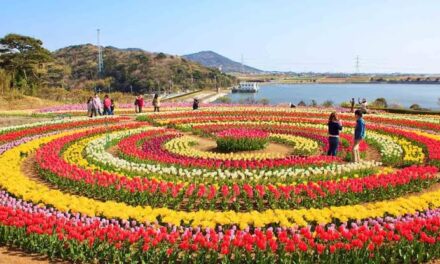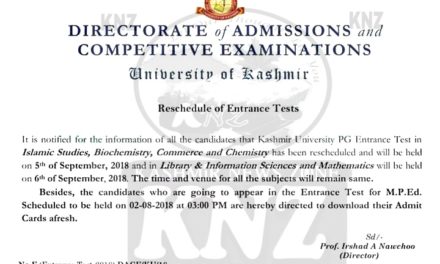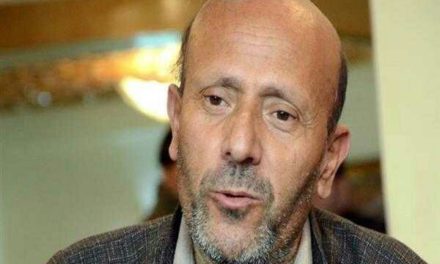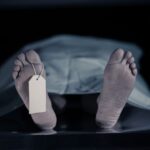![]()
KNZ NEWS DESK
Srinagar, Jan 21 : Amid forecast for widespread moderate rain and snow on weekend, night temperature recorded an increase in J&K, except Gulmarg and Pahalgam, on Friday.
A meteorological department official here told GNS that Srinagar, the summer capital of the J&K, recorded a low of 2.8°C against last night’s 2.2°C.
Kashmir is presently under the grip of 40-day long harshest period of winter, known locally as ‘Chillai Kalan, which started from December 21. It is followed by a 20-day long ‘Chillai Khurd’ and a 10-day-long ‘Chilla Bachha’.
Gulmarg recorded a low of minus 7.5°C against minus 5.0°C on previous night, he said. The temperature was 2.7°C above normal for this time of the year in the famous skiing resort in north Kashmir’s Baramulla district.
Pahalgam, the famous resort in south Kashmir, recorded a low of minus 2.4°C against minus 0.6°C last night, he said.
Qazigund, the gateway town of Kashmir, recorded a low of 1.6°C against 0.7°C on the previous night, he said.
Kokernag, also in south Kashmir, recorded a low of 0.4°C against minus 0.1°C on the previous night, the official said.
Kupwara town in north Kashmir recorded a low of 1.2°C , same as on the previous two nights, the official said.
Jammu recorded a low of 10.6°C against previous night’s minus 0.1°C which is 3.6°C above normal for the J&K’s winter capital during this time of the year, he said.
Banihal recorded a low of 1.8°C, Katra 8.2°C and Bhaderwah saw a minimum of 1.7°C, the official said.
Ladakh’s Leh recorded a low of minus 12.0°C against last night’s minus 9.0°C while mercury at automatic station in Kargil settled at minus 14.2°C. Drass, the second coldest place in the world after Siberia, recorded a low of minus 21.4°C against last night’s minus 15.9°C, official said.
“An Active Western Disturbance is Most likely to cause Widespread Moderate Rain/Snow in J&K during 22-23rd Jan,” the meteorological department official said, adding, that the weather system may temporary cause disruptions in surface and air transportation. “(Probability of Occurrence as of today is 75%),” he said. (GNS)
























